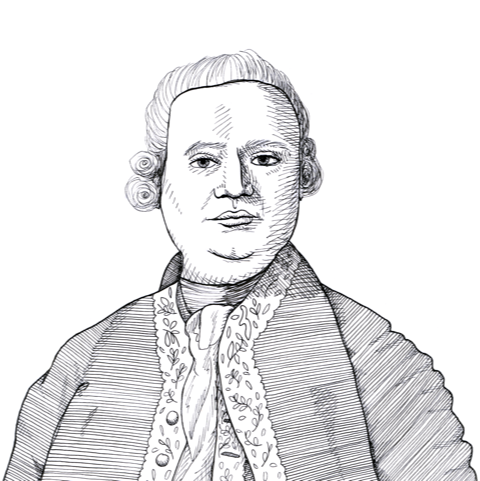
David Hume argues that “love of liberty” in some individuals often attracts the religious inquisitor to persecute them and thereby drive society into a state of “ignorance, corruption, and bondage” (1757)
Found in: The Natural History of Religion
When faced with the problem of religious persecution and even death at the hands of the inquisitor Hume argues that “the illegal murder of one man by a tyrant is more pernicious than the death of a thousand by pestilence, famine, … calamity”:
Religion & Toleration
[V]irtue, knowledge, love of liberty, are the qualities which call down the fatal vengeance of inquisitors; and when expelled, leave the society in the most shameful ignorance, corruption, and bondage. The illegal murder of one man by a tyrant is more pernicious than the death of a thousand by pestilence, famine, or any undistinguishing calamity.